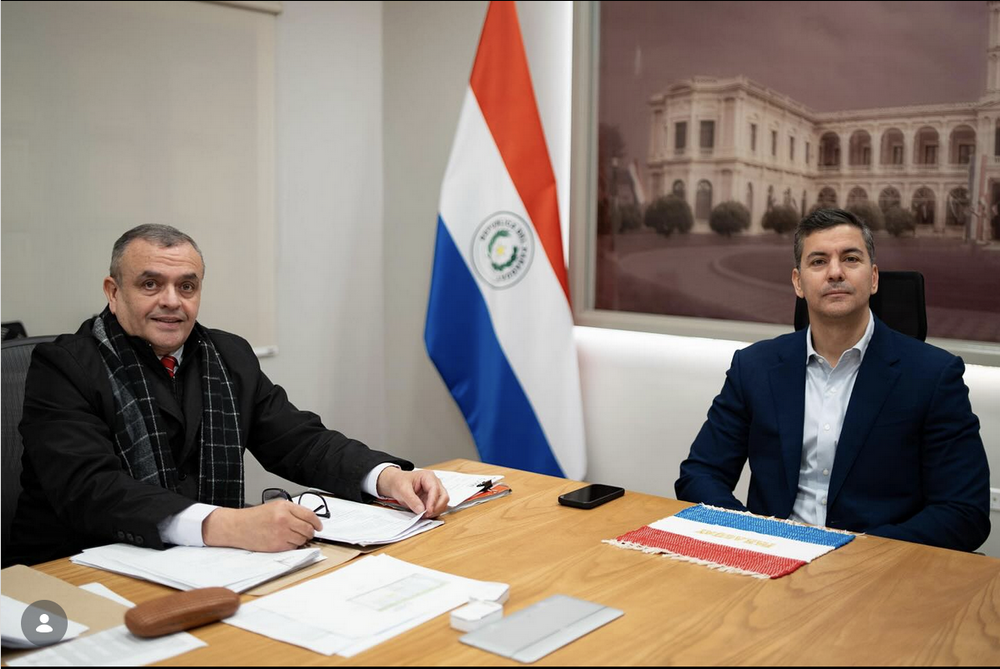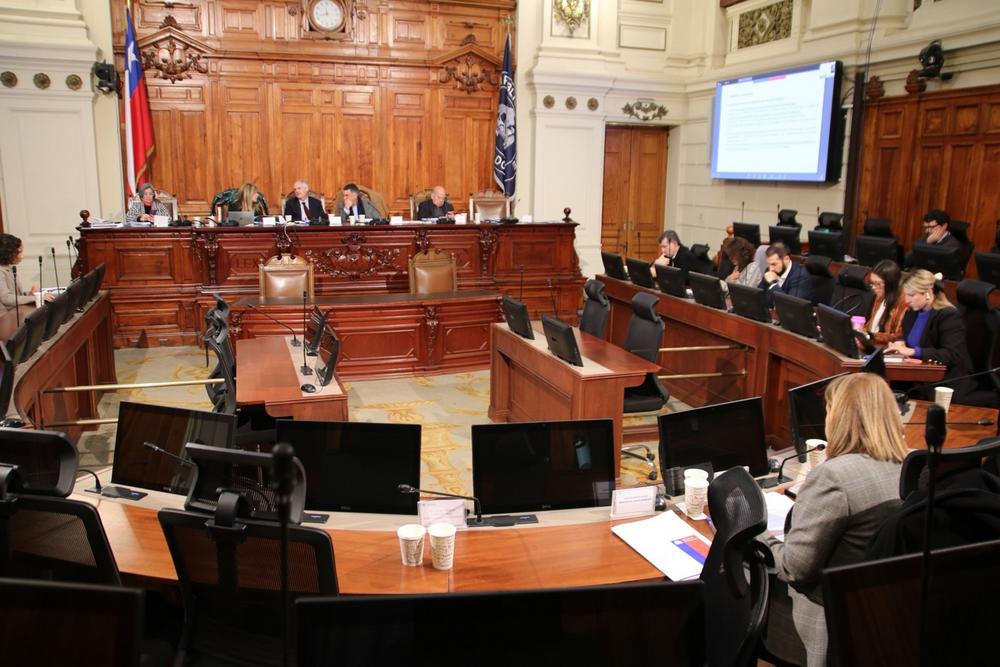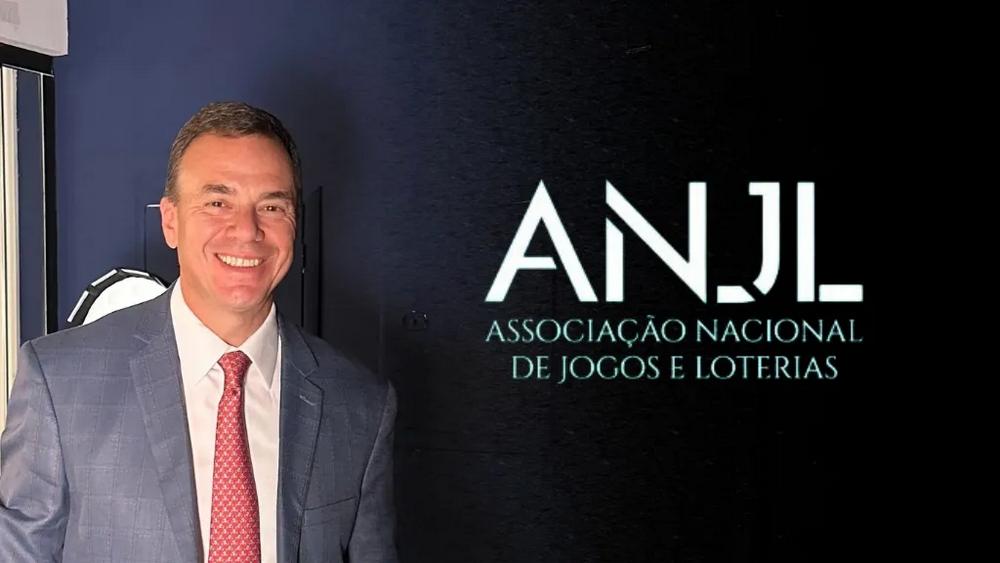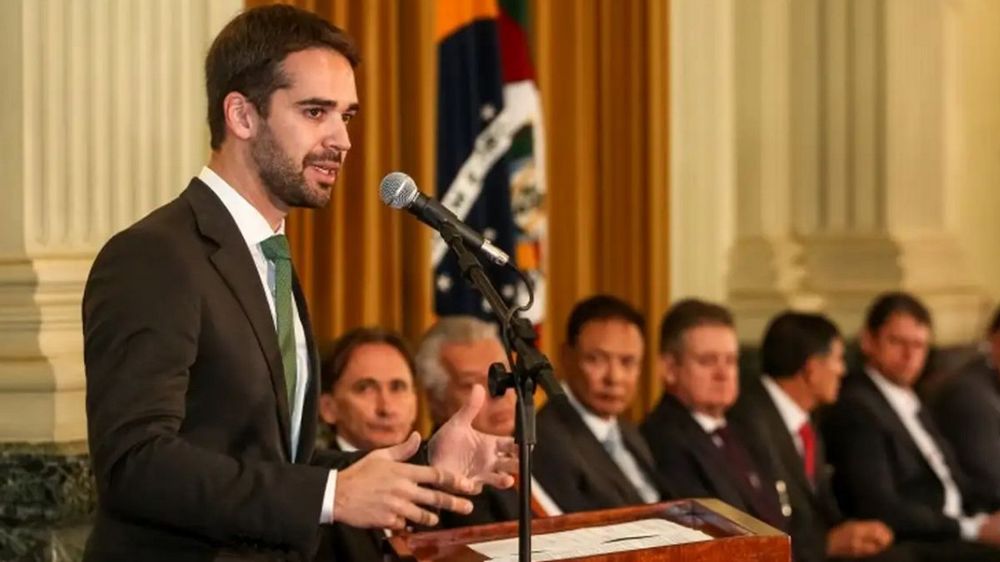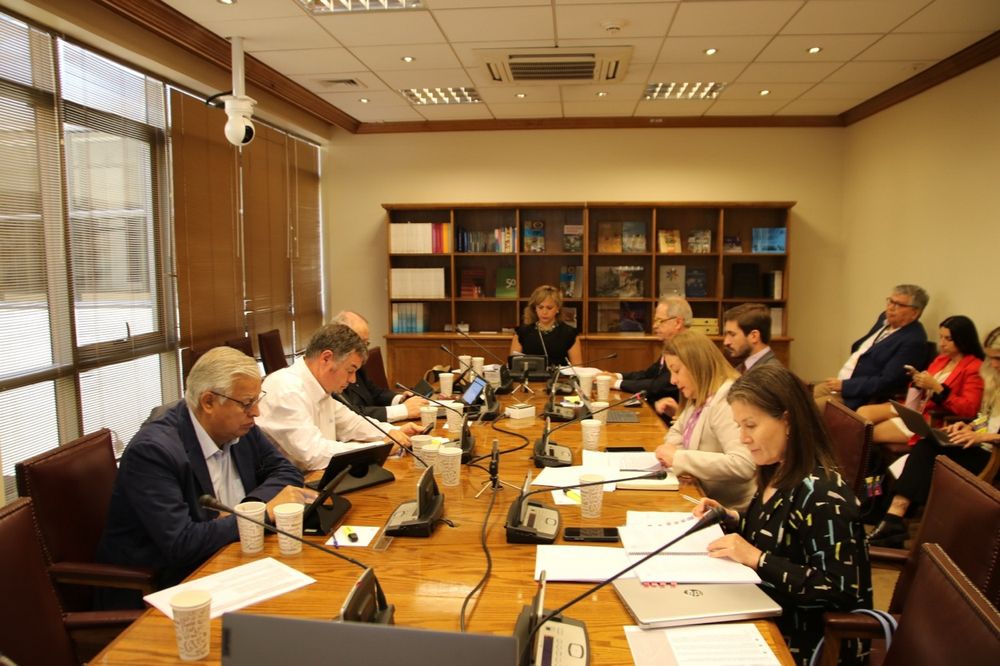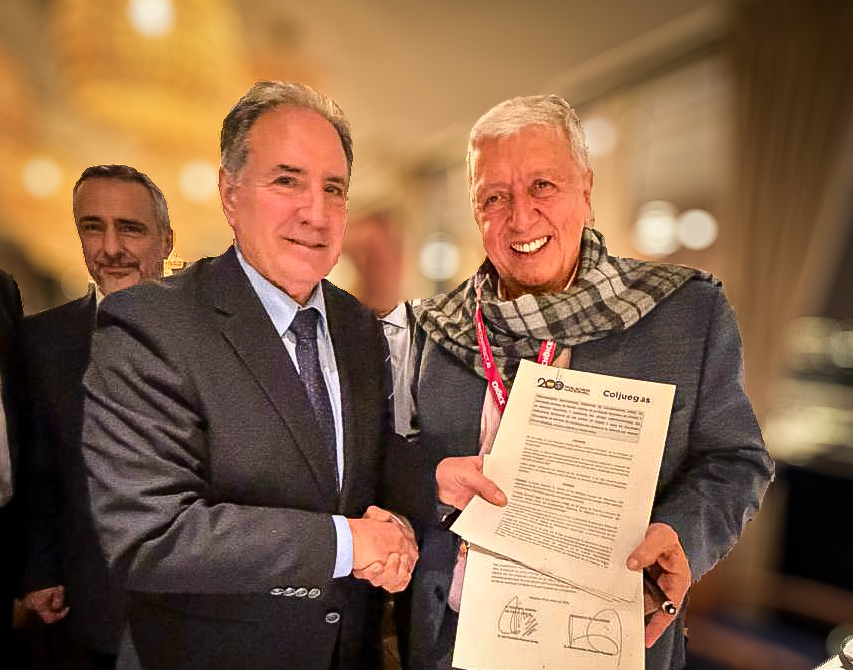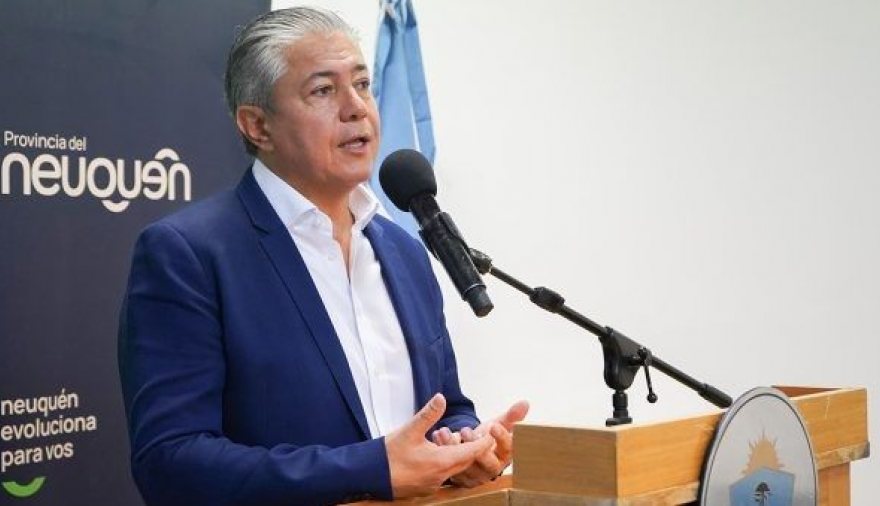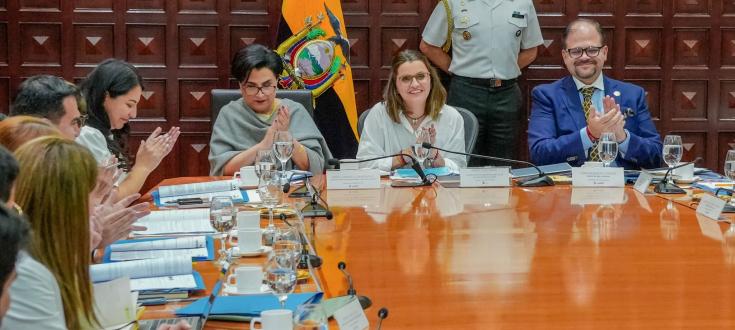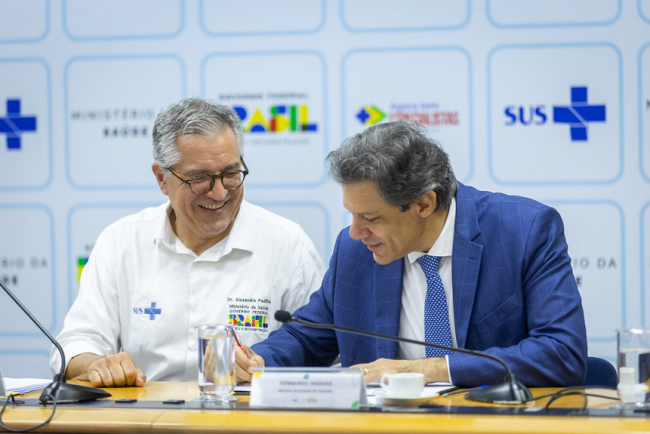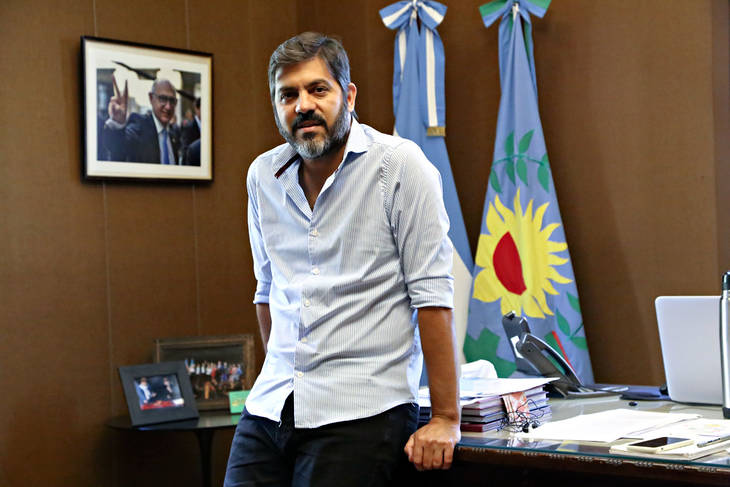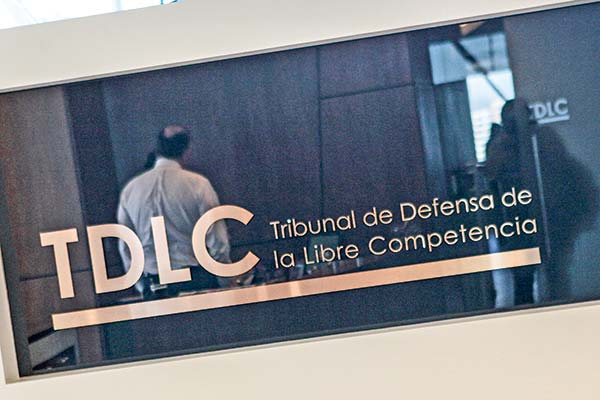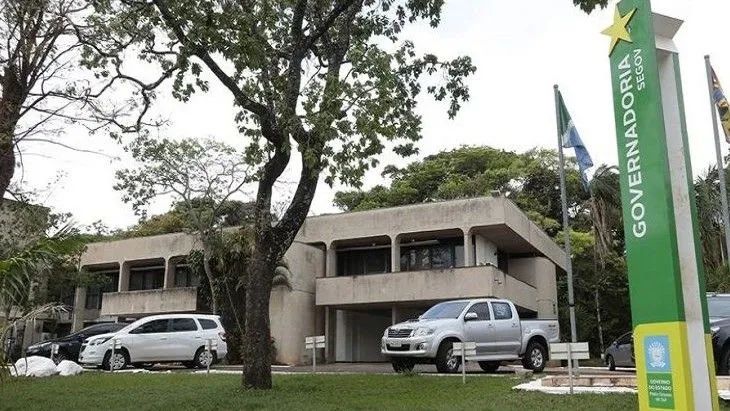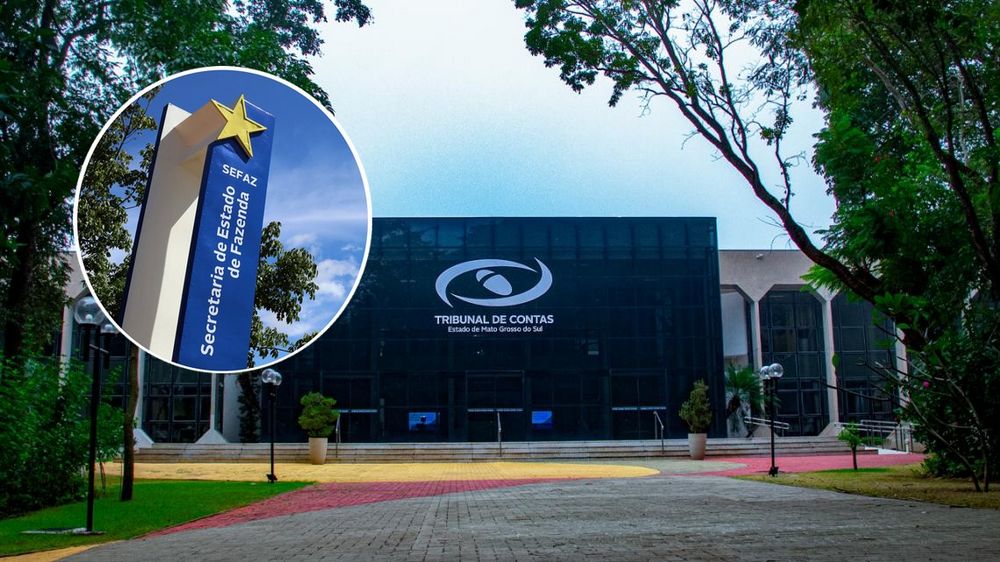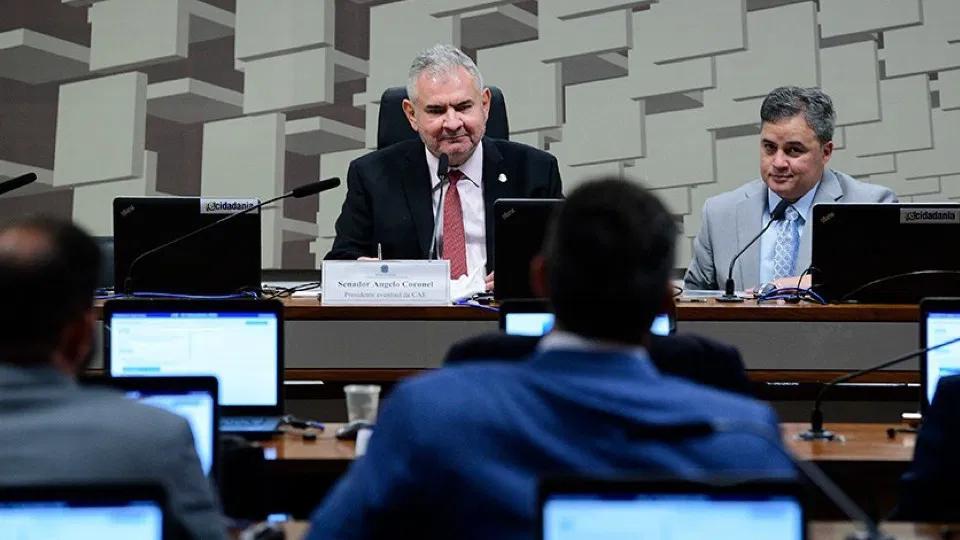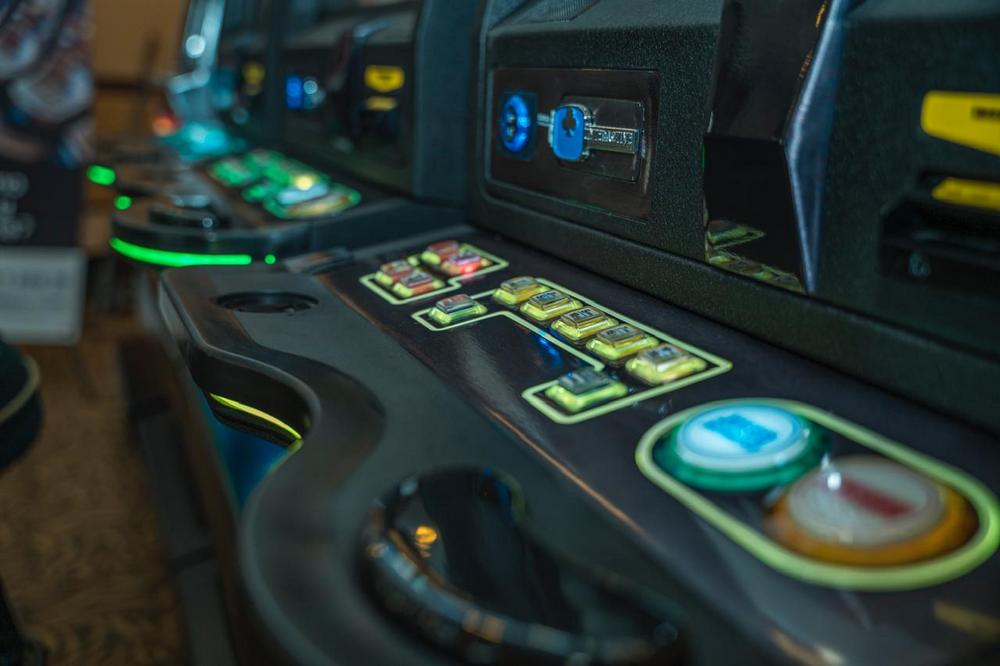Brazil has intensified efforts to combat illegal online gambling, yet challenges persist as many unauthorized platforms continue to operate, often leveraging Virtual Private Networks (VPNs). Despite the Ministry of Finance's directive to block approximately 9,600 illicit gambling sites between October 2024 and January 2025, a significant number remain accessible.

The Agência Nacional de Telecomunicações (Anatel) has been instrumental in enforcing these blocks, collaborating with over 20,000 internet service providers to restrict access to unlicensed gambling platforms. However, reports indicate that more than 80% of these sites have found ways to circumvent restrictions, redirecting users to alternative domains or applications.
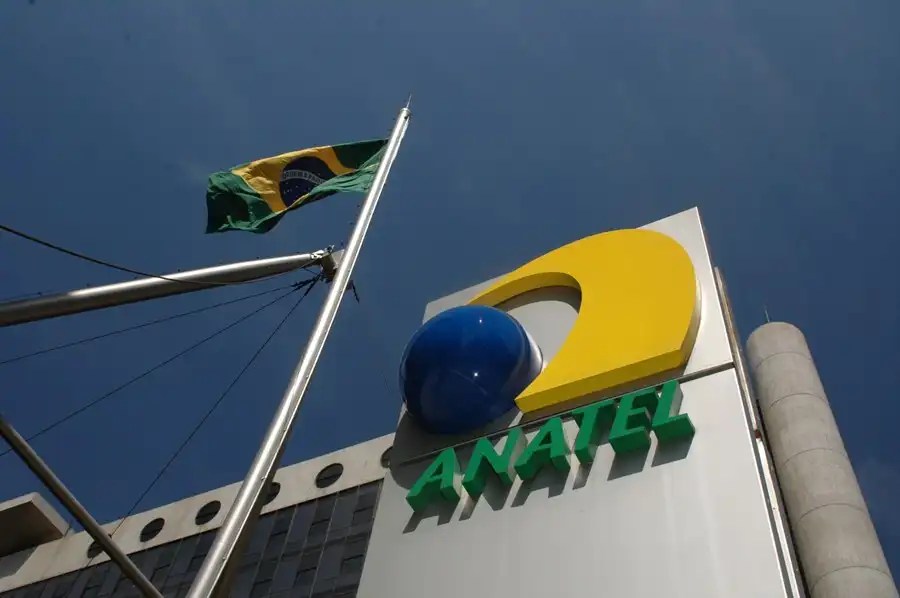
A notable tactic employed by these platforms is the use of VPNs. By masking their true locations, both operators and users can bypass regional restrictions, making enforcement a complex endeavor. This scenario has been likened to the mythological Hydra of Lerna, symbolizing the resilience and adaptability of these illicit operations.
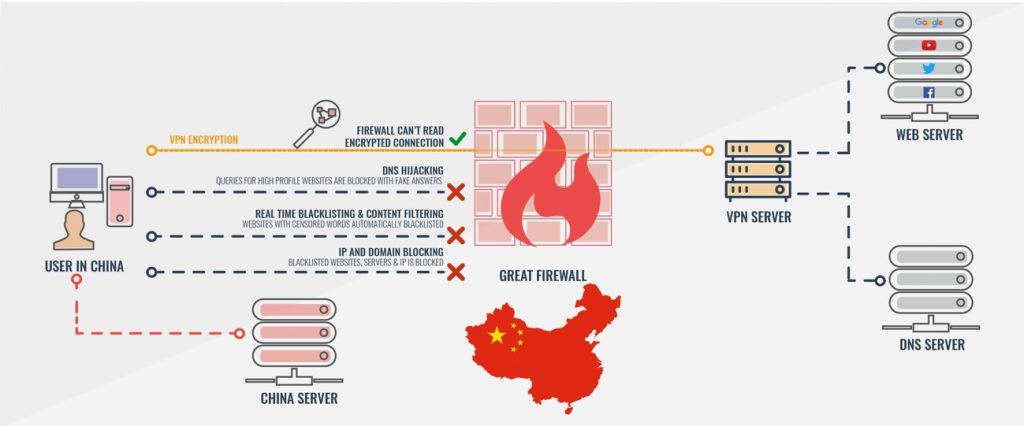
The Brazilian government acknowledges the challenges posed by VPNs. While VPN usage in Brazil is legal, its application to access prohibited gambling sites complicates regulatory efforts.
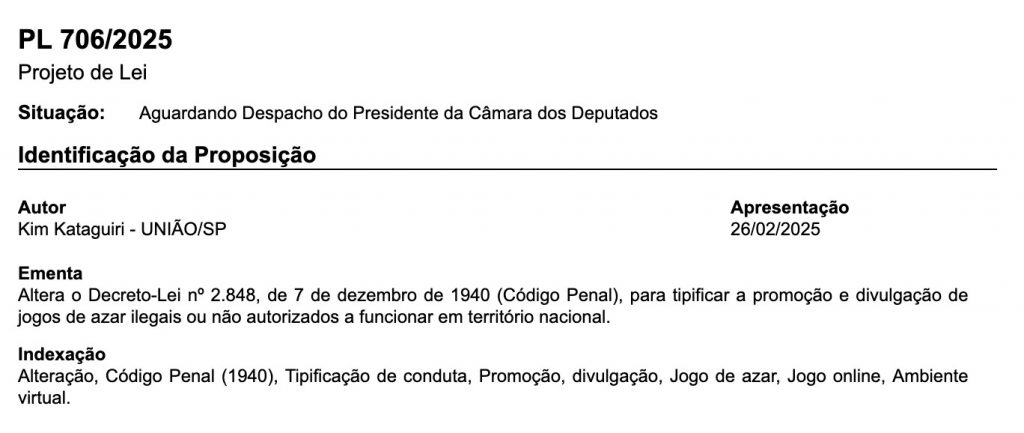
Authorities are considering stricter measures, including a proposed bill, PL706-2025, which would criminalize the promotion of unlicensed gambling platforms, targeting both operators and influencers with heavy penalties.
Despite these efforts, the pervasive use of VPNs and the adaptability of illegal gambling sites present ongoing challenges. Brazil’s regulatory bodies continue to seek effective strategies to enforce digital boundaries and protect consumers from unregulated gambling environments.











